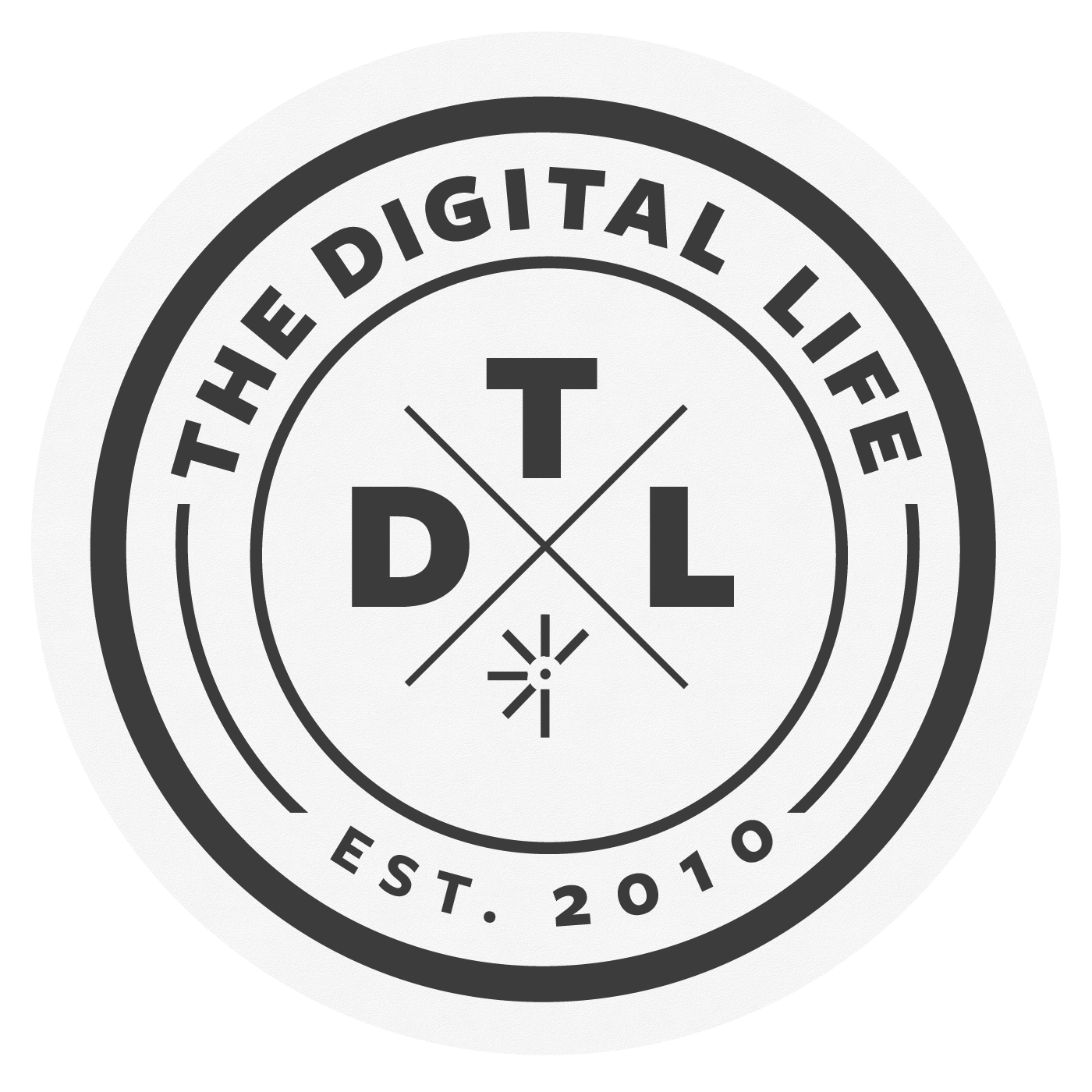Episode Summary
What role should user experience play in your organization? The answer to this question depends very much on who and what you are. Say you’re a bootstrapped startup founded by experts in technical issues and sales. You should try to get free advice and help, or maybe trade some equity for UX design, or perhaps even rely on your own intuition until you can raise some capital. On the other hand, a large software company such as Oracle or Microsoft should make user experience a key focus and investment for every business unit, and have a strong advocate and visionary in the C-suite. Between these extremes lie many different models for deploying user experience appropriately.
In this episode of The Digital Life, we discuss a user experience maturity model and how it relates to the current industry trend of taking UX in house.
Here are a few quotes from this week's discussion.
Jon on UX going "in house":
There are a lot of companies right now who are moving from one stage of maturity into the next stage of maturity for user experience. That is really changing — at least for the time being — how the user experience landscape is shaping up ... How talent's being distributed, really.
You see companies that want to play catch up, right. Where they know they need user experience and they need a big team right away. They don’t want to go and build it organically, so they go and acquire and entire design firm, for instance. Or you’ve got other examples of companies spending more, that sort of bring in top talent and hope that person will kind of act as a magnet for other people to build a department. I think the UX maturity is becoming a hot topic right now because there’s actually this up-leveling of many different software and non-software companies along these vectors.
Dirk on future trends in UX maturity:
I see a few things coming. One, I see more standards and I don’t mean it by the web standards or how you might think of the word. I see the use experience and design communities more modeling what’s happening in the engineering communities where a lot of problems are already solved. There’s code that live in repositories where people are just slamming in to make stuff work. Problems are centrally solved once and then implemented broadly. It won’t be as universal just because the stuff on the design side has the need for differentiation, has the need for personality in a way that code doesn’t. Code just needs to work and be tight. If it’s really solved great once that can just be propagated everywhere. That’s not as universally true for design, but it’s somewhat true. We’ll start to see some of that. The easier problems or the problems that are more at pattern levels, instead of being basically redesigning the wheel in every company everything, will start finally to get some more patterns, some more forms in there similar to what engineers do with code.
Another thing that is potentially going to have a big impact is artificial intelligence. Recently a company called The Grid just launched for websites which is a very different beast than software or products. They launched a totally AI website generator which is pretty good. It’s pretty interesting. For my needs, I just have to much custom stuff it’s not a good fit. For the 80%, The common use case it probably is. That approach of teaching computers to build stuff and teaching computers to provide user experience solutions, that’s coming. Whether it’s making a big dent in two years or five years or ten years I’m not sure. AI is not my bag but it’s definitely a trend that will impact.
Another … The third thing I’ll mention Jon is something you and I have talked about before about emerging technologies. The complexity of product services experiences are going to go up. The much more of the creation and quote unquote user experience may shift shift to the engineers who have more of the scientific and more of the hard knowledge to deal with some of those complexities. Those are some trends that will come together to make the future of user experience maturity one that actually dove tails more into engineering which it broke away from two decades ago than it is more stand alone. It will start to becoming full circle in a certain way, which I think is really interesting and probably will be very surprising to a lot of people out there who just see UX growing in its own right in such big ways.
Subscribe to The Digital Life on iTunes and never miss an episode.